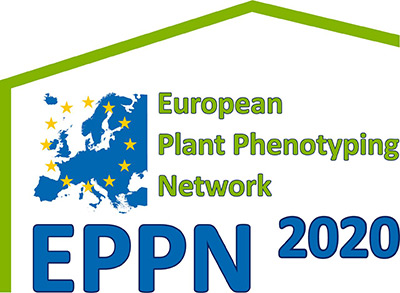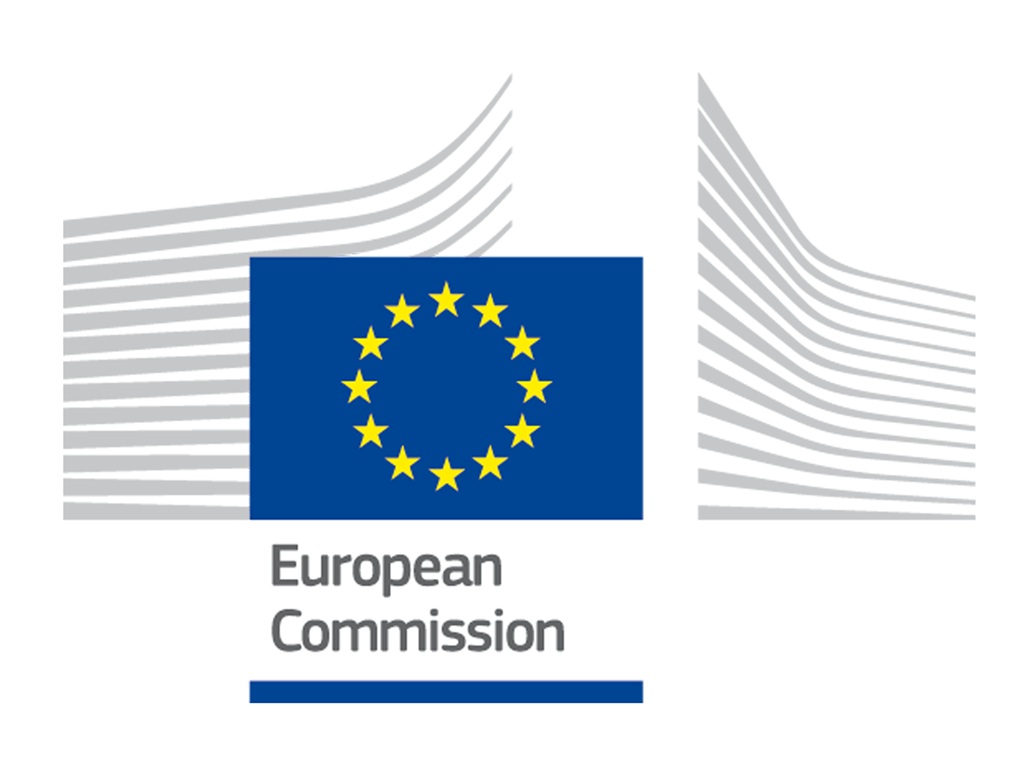- At the strategic level, the WP will steer the project to address unexpected situations (scientific, technological, environmental or societal).
- At the operational level, the WP will ensure the project progress in conformity with the work plan with regard to overall progress, milestones, deliverables, and planned resources.
- At the organisational level, the WP will optimise the infrastructural setup to support the project, with special attention paid to financial, logistics, information, coordination issues in terms of quality and conformity to EC rules and procedures.
|
Leader: François Tardieu (INRA Lepse) |
+33 4 99 61 26 32 |
|
|
Project Manager: Bénédicte Ferreira (IT) |
+33 4 99 61 27 86 |
- Increase the reliability and consistency of environmental characterisation across platforms
- Maximise the effectiveness of the image-based methods deployed in high-throughput installations by developing efficient, dynamic image capture and analysis techniques; Exploit 3D models of plant structure to support dynamic deployment of sensors, increasing the throughput of sensor-based methods
- Identify the consistent calibration procedures and information needed to allow the relationship between measurements made by different platforms to be understood and errors to be corrected
- Determine the robustness / complementarity of available methods through joint experiments
|
Leader: Xavier Draye (UCL) |
+32 10 472092 |
|
|
Deputy Leader: Tony Pridmore (UNOTT) |
+44 1159514251 |
Joint Research Activity 2 develops tools for statistical analysis of phenomic experiments across platforms and scales of plant organization. The activities will allow the phenomic community to progress towards standardized statistical analyses and will facilitate the combined analysis of data coming from multiple platforms and measurement scales.
|
Leader: Fred van Eeuwijk (WU) |
+31 317 482902 |
JRA3 aims at building and integrating a compatible, consistent information system that can be extended beyond EPPN2020. We shall design and provide methods and interfaces to manage, share, reuse and visualize heterogenous, high throughput plant phenotyping data stemming from different sources and/or in an interdisciplinary context. Another objective is to provide user friendly tools and a powerful environment beneficial to data analysis, integration and to the user communities.
|
Leader: Pascal Neveu (INRA Mistea) |
+33 4 99 61 24 12 |
|
|
Deputy Leader: Björn Usadel (FZJ) |
+49 2461 61-9503 |
Transnational Access will provide the basis for novel scientific approaches in the utilisation of the existing facilities across Europe. In total 31 state-of-the-art installations from 15 different institutions across Europe. The installations represent a diverse set of facilities for plant phenotyping in Europe with focus on: i) no-invasive high throughput phenotyping under controlled conditions, ii) destructive sampling aiming at assessing underlying traits helping to understand the genetic variability of different plant processes, iii) controlled field facilities allowing users to control rainfall and/or the concentration of air CO2 together with high-definition non-invasive sensors. Transnational Access will be available based on a simple and transparent access procedure which will ensure that:
- the proposals have to be technically feasible for the available instruments in the facilities based on the interaction of the platform scientist and the user.
- the proposals will be evaluated by a panel consisting of independent scientists outside of EPPN2020 and representatives of the involved Transnational Access platforms
- the experiments have to represent excellent science with a clear scientific questions and original experimental designs which represents scientific progress leading to publications of the obtained results in high quality journals.
Special attention will be paid to new EU-countries, and young scientists giving them the opportunity to use the infrastructure and interact with the plant phenotyping experts.
|
Leader: Roland Pieruschka (FZJ) |
+49 2461611784 |
We aim to further develop a pan-European community focused on plant phenotyping organized around the EPPN2020 phenotyping facilities. To achieve this goal, communication, networking and education need to unfold at four interdependent levels:
- between existing and newly developing platforms. The exchange of knowledge on technologies, protocols and data acquisition is essential. In particular, the exchange of information will happen between experts and needs to be supported by specific workshops, as well as temporary staff exchange and visits for a practical implementation of protocols.
- between phenotyping platforms and users from academic and industrial sectors: The communication between platform operators and users covers information to flag opportunities about phenotyping platforms to “yet-to-become” users (e.g., announcements and sessions in user community conferences or COST actions and specific workshops with different stakeholders); and on-site information and education of potential users to illustrate potential experiments (e.g., on-site workshops and training courses).
- between platforms, developers and users: Networking between platform operators, developers and users is essential, but difficult to achieve in a single step. To address this challenge, bilateral meetings of operators with developers and operators and users need to be established as community building exercises before joint strategic discussions can be implemented fruitfully.
- with other leading international phenotyping centres: International collaboration is key to exchange ideas and for standardization/benchmarking. EPPN2020 platforms will organize phenotyping meetings for experts such as international symposia in the context of the International Plant Phenotyping Network (IPPN). The goal of these symposia will also be to agree internationally on Good Phenotyping Practice developed by EPPN2020.
Networking activities aim at generating and easing transnational access measures of EPPN2020, we thus include the management of transnational access proposals in this work package.
|
Leader: Ulrich Schurr (FZJ) |
+49 2461613073 |
|
|
Deputy Leader: Malcom Benett (UNOTT) |
+44 115 951 3255 |


